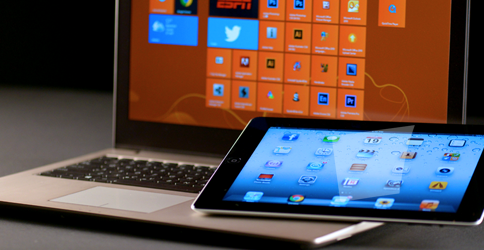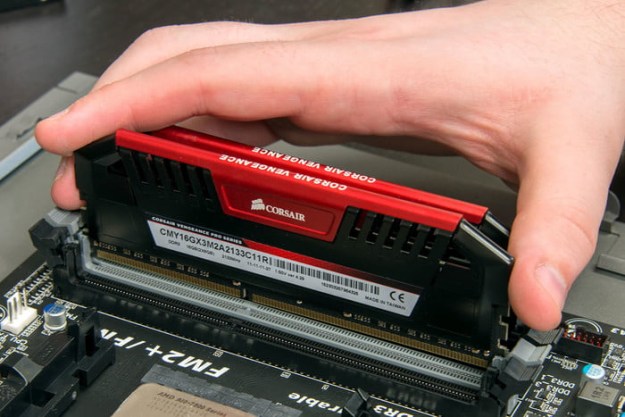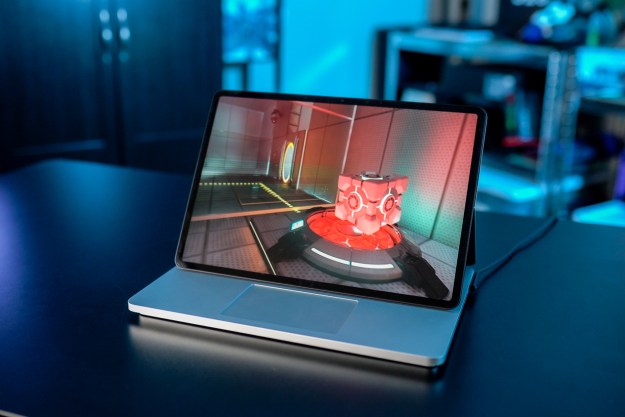 The numbers don’t lie. We’ve been witnessing this trend for a while now, but according to the research firm Gartner, tablet shipments have seen a significant increase between 2012 and 2013 (120 million units to 202 million units – up approximately 68 percent), and it expects them to see an even bigger growth between 2013 and 2014, suggesting the number will grow to 276 million units.
The numbers don’t lie. We’ve been witnessing this trend for a while now, but according to the research firm Gartner, tablet shipments have seen a significant increase between 2012 and 2013 (120 million units to 202 million units – up approximately 68 percent), and it expects them to see an even bigger growth between 2013 and 2014, suggesting the number will grow to 276 million units.
Mobile phones have also see a spike in sales, rising from 1.75 billion units to 1.8 billion units between 2012 and 2013. Gartner expects that number to grow between 2013 and 2014 as well, estimating an approximate 4 percent increase.
It isn’t all fun and games for the PC market though. According to Gartner, PCs saw a slip in shipments between 2012 and 2013 as numbers fell approximately 11 percent. Even worse, Gartner expects to see a drop from 305 million units down to 289 million units between 2013 and 2014. These declining stats suggest that the market is slowly losing interest in notebooks and desktop PCs, which doesn’t necessarily come as a surprise. We’re well aware of the mobile uprising that’s been taking shape over recent years, and as more and more companies focus on releasing tablets, phones, and other mobile devices to market, it’s easy to see why mainstream consumers may have put their traditional PCs on the back burner.
It’s important to understand that these projected numbers don’t spell disaster for PCs either. Future developments could cause another upturn for the PC market, and the introduction of things like Windows 8.1 and Microsoft’s increased interest in cloud computing may somehow stimulate the market.
Gartner also posted numbers concerning device shipments based on the operating systems they use. Android reigned supreme with an increase from 506 million units to 867 million units between 2012 and 2013. That number is expected to skyrocket between 2013 and 2014 to 1.1 billion units. Windows-based machines consume a smaller fraction, dipping from 347 million units to 340 million units between 2012 and 2013, though Gartner expects that number to rise to 378 million units between 2013 and 2014.
This sudden projected boost is most likely due to the impending release of Windows 8.1. Although, even with the upturn, Windows still encompasses only a fraction of Android, which further exemplifies that PCs are struggling to keep up with a surging mobile market. It is going to be very interesting to see what the market does in the coming months and how traditional PC manufacturers attempt to boost sales.


